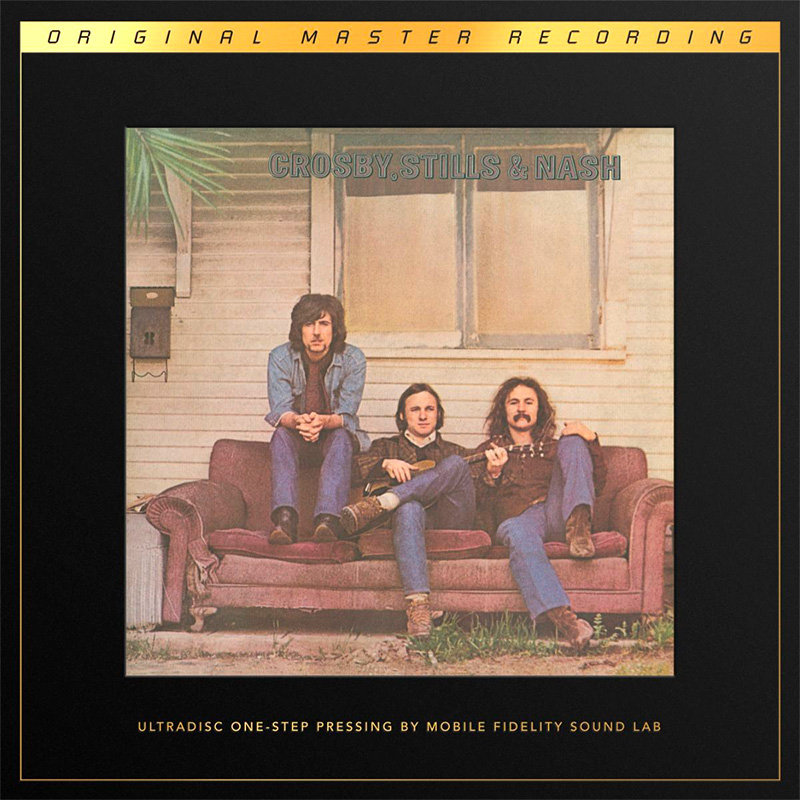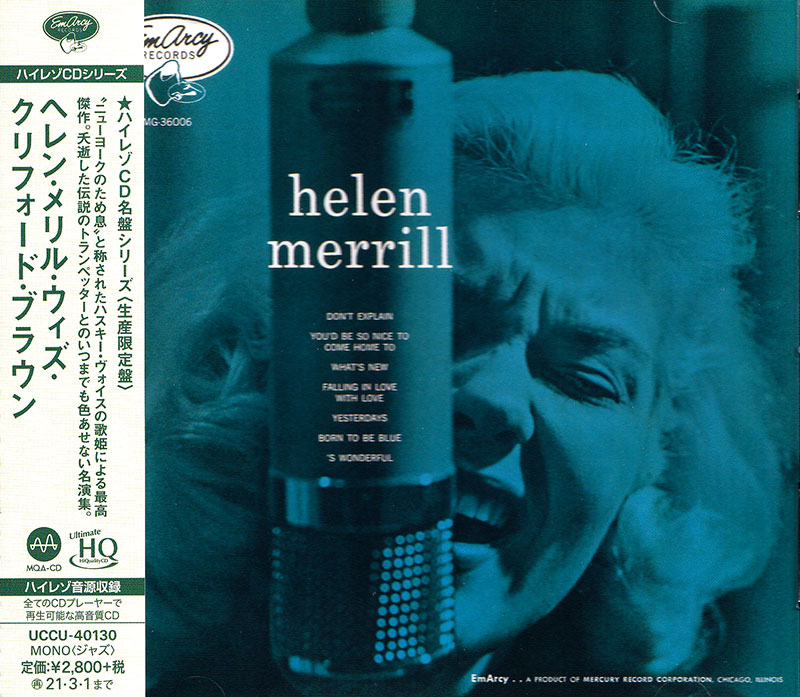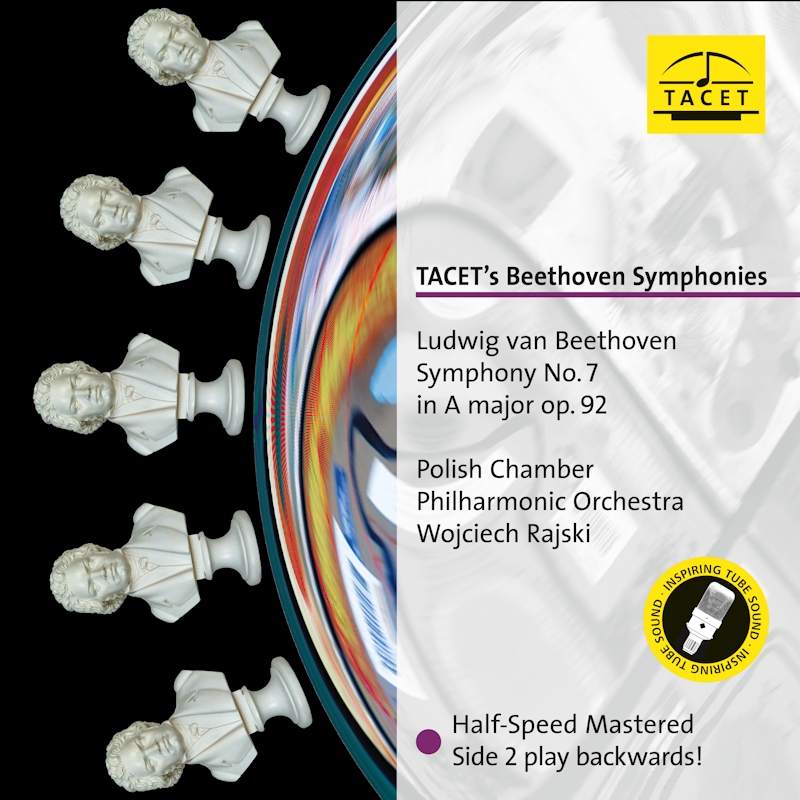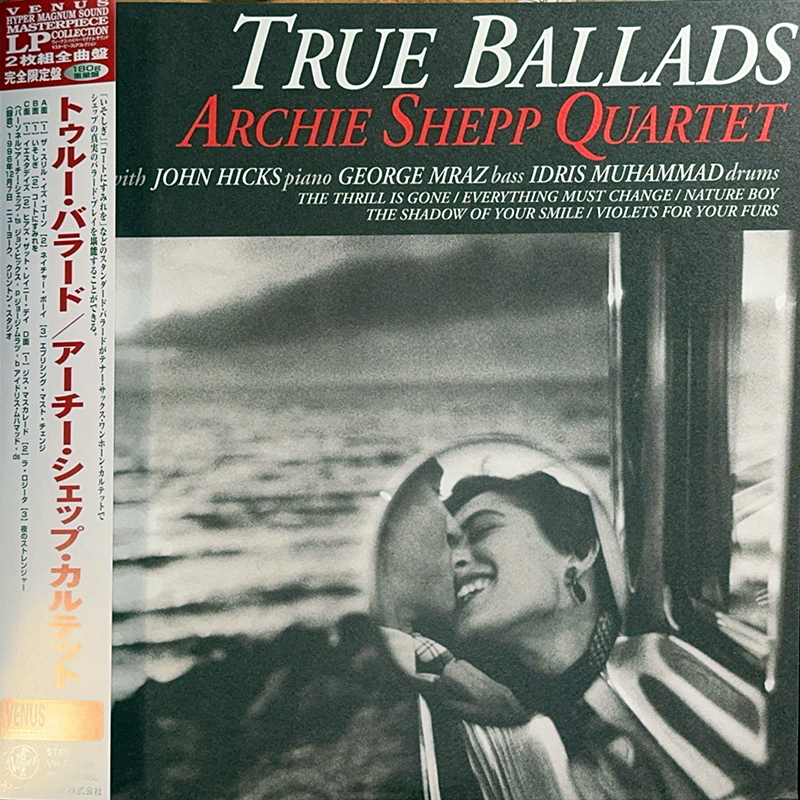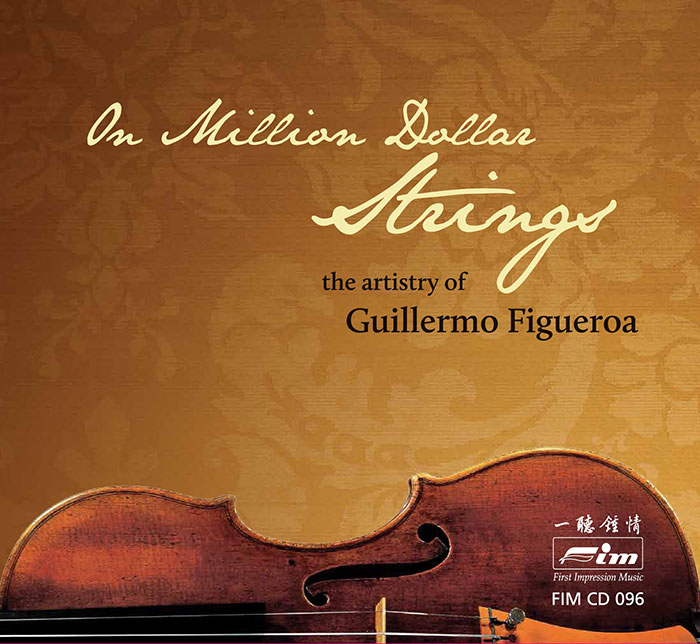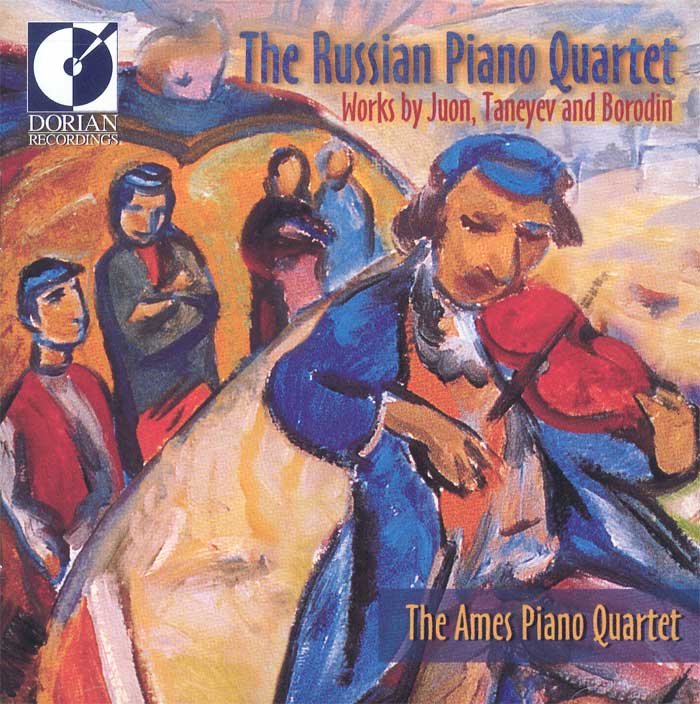Logowanie
OSTATNIE EGZEMPLARZE
Jakość LABORATORYJNA!
ORFF, Gundula Janowitz, Gerhard Stolze, Dietrich-Fischer Dieskau, Deutsche Oper Berlin, Eugen Jochum
Carmina Burana
ESOTERIC - NUMER JEDEN W ŚWIECIE AUDIOFILII I MELOMANÓW - SACD HYBR
Winylowy niezbędnik
ClearAudio
Essence MC
kumulacja zoptymalizowana: najlepsze z najważniejszych i najważniejsze z najlepszych cech przetworników Clearaudio
Direct-To-Disc
PIAZZOLLA, ChamberJam Europe
Tangos del Ángel y del Diablo
Direct-to-Disc ( D2D ) - Numbered Limited Edition
TANEYEV, BORODIN, The Ames Piano Quartet
The Russian Piano Quartet
- The Russian Piano Quartet
- 01. Paul Juon - Rhapsody, Op.37 - Moderato (9:57)
- 02. Paul Juon - Rhapsody, Op.37 - Allegretto (5:40)
- 03. Paul Juon - Rhapsody, Op.37 - Sostenuto (14:09)
- 04. Sergei Taneyev - Piano Quartet in E Major, Op.20 - Allegro brillante (13:23)
- 05. Sergei Taneyev - Piano Quartet in E Major, Op.20 - Adagio piu tosto largo (9:47)
- 06. Sergei Taneyev - Piano Quartet in E Major, Op.20 - Finale: Allegro molto (16:14)
- 07. Alexander Borodin - Arr. Geoffrey Wilcken, Polovetsian Dances (9:43)
- The Ames Piano Quartet
- TANEYEV
- BORODIN
Employment for composers has evolved over the course of Western history from early positions as employees of either the church or aristocratic families, through a period in the nineteenth century of self-employed concert performers and private teachers, ultimately to positions as university professors. By the time both Sergei Taneyev (1856-1915) and Paul Juon (1872-1940) were composing in the late nineteenth and early twentieth centuries, a position as a professor at a conservatory was both a normal career goal and a coveted lifestyle. For Taneyev - who had studied as a youth at the Moscow Conservatory with Tchaikovsky, had given the Moscow premiere of Tchaikovsky?s First Piano Concerto, and had toured France with the celebrated violinist and pedagogue Leopold Auer - assuming the position of composition professor at the Moscow Conservatory upon Tchaikovsky?s death essentially meant a stable career in music from that point forward. He originally accepted the post on condition that he teach no more than two classes, yet upon the subsequent deaths of a piano faculty member and another composition teacher, he assumed more and more responsibilities until at last he was given the directorship of the conservatory. This crescendo of activity restricted his time to compose, and ultimately he resigned first the directorship, and then all of his responsibilities at the conservatory in order to devote himself to composing and performing. - Jonathan Sturm

